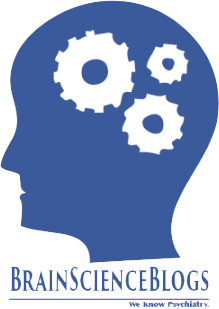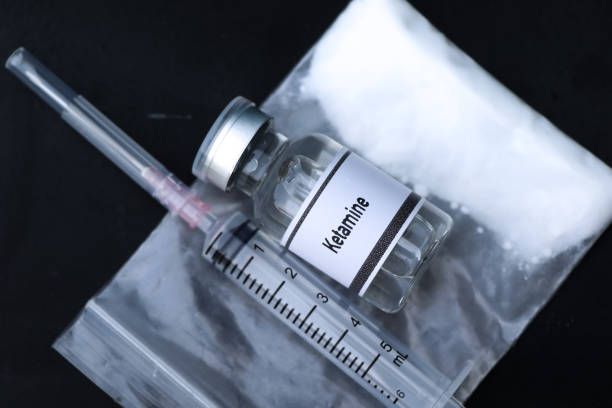Summary
Background
Head-to-head trials to guide antipsychotic treatment choices for paediatric psychosis are urgently needed because extrapolations from adult studies might not be implementable. In this superiority trial with two-sided significance testing, we aimed to compare the efficacy and safety of quetiapine-extended release (quetiapine-ER) versus aripiprazole in children and adolescents with first-episode psychosis, to determine whether differences between the two treatments were sufficient to guide clinicians in their choice of one drug over the other.
Methods
In this multicentre, double-blind, randomised trial in seven Danish university clinics, we recruited children and adolescents aged 12–17 years with a diagnosis of ICD-10 schizophrenia-spectrum disorder, delusional disorder, or affective-spectrum psychotic disorder, and psychotic symptoms scoring at least 4 on at least one of the following Positive and Negative Syndrome Scale (PANSS) items: P1 (delusions), P2 (conceptual disorganisation), P3 (hallucinations), P5 (grandiosity), P6 (suspiciousness/persecution), and G9 (unusual thought content), and a total PANSS score greater than 60. Patients were randomly assigned (1:1) to 12 weeks of treatment with target doses of 600 mg/day of quetiapine-ER (starting from 50 mg/day) or 20 mg/day of aripiprazole (starting from 2·5 mg/day). The assigned drug was titrated over five levels, with 2 days at each dose, and the final dose achieved on day 9. Randomisation was done using a computer-generated concealed sequence with a block size of 8, and stratified by baseline PANSS positive score (≤20 points or >20 points) and age (12–14 years or 15–17 years). Study drugs were administered in identical capsules, and interventions, assessments, and data analysis were done masked. The primary outcome was PANSS positive score. Key adverse outcomes were bodyweight, homoeostatic model of insulin resistance (HOMA-IR), akathisia, and sedation. Analyses were by intention to treat. This study is registered withClinicalTrials.gov, number NCT01119014.
Findings
Between June 10, 2010, and Jan 29, 2014, 231 participants were assessed for elegibility, of whom 113 were randomly assigned to quetiapine-ER (n=55) or aripiprazole (n=58). PANSS positive score did not differ between groups after 12 weeks (adjusted mean change −5·05 [5·46] for quetiapine-ER, −6·21 [5·42] for aripiprazole; p=0·98), but decreased over time in both groups (p<0·0001). Weight gain was more rapid with quetiapine-ER (p=0·0008), with an adjusted mean weight group difference at week 12 of 3·33 kg (SD 7·23; effect size 0·64; p<0·0001). The HOMA-IR group difference at week 12 favoured aripiprazole (adjusted mean log-transformed group difference 0·259 [SD 0·906]; effect size 0·35; p=0·0060). Akathisia was more common with aripiprazole at week 2 (observed in 34 [60%] of 57 patients; estimated 63·5%) than with quetiapine-ER (15 [30%] of 50; estimated 31·3%; p=0·0021), but not at other timepoints. Sedation proportions did not change significantly over time with either intervention (observed at weeks 2, 4, and 12, respectively, for quetiapine-ER in 43 [83%] of 52, 40 [83%] of 48, and 34 [72%] of 47 patients and for aripiprazole in 49 [89%] of 55, 52 [96%] of 54, and 44 [92%] of 48 patients), and the overall estimated probability combining all timepoints was significantly higher for aripiprazole (97·1%) than for quetiapine-ER (89·2%; p=0·012). In addition to sedation and akathisia, the most common adverse events were tremor (42 [79%] patients in the quetiapine-ER group vs 52 [91%] patients in the aripiprazole group), increased duration of sleep (47 [92%] vs 39 [71%]), orthostatic dizziness (42 [78%] vs 46 [81%]), depression (43 [80%] vs 44 [77%]), tension/inner unrest (37 [69%] vs 50 [88%]), failing memory (41 [76%] vs 44 [77%]), and weight gain (46 [87%] vs 38 [68%]).
Interpretation
This first head-to-head comparison of quetiapine-ER versus aripiprazole in early-onset psychosis showed no significant group differences in severity of psychopathology after 12 weeks of treatment. Quetiapine-ER was associated with more metabolic adverse events and aripiprazole with more initial akathisia and, unexpectedly, more sedation. The limited antipsychotic efficacy and high level of adverse events were noticeable. This trial provides novel information for the treatment of early-onset psychosis and highlights the importance of adverse event profiles when choosing among antipsychotics for children and adolescents who often require chronic treatment.
Funding
The National Research Council for Health and Disease Foundation for Health Promotion, AP Møller Foundation, Rosalie Petersens Foundation, Stevn and Rindom Foundation, Foundation for the Promotion of Medical Science, The Capital Region Psychiatric Research Foundation, Tryg Foundation, Region of Southern Denmark Research Foundation, Danish Psychiatric Research Educational Fund, Psychiatry Foundation, Foundation of 17-12-1981, Psychiatric Research Foundation Region Zealand, Capital Region Strategic Research Foundation, Knud og Dagny Andresens Foundation, Psychiatric Research Foundation of 1967, The Capital Region Research Foundation, Dr Sofus Carl Emil Friis and Hustru Olga Friis Scholarship, Tømrerhandler Johannes Fogs Foundation, Brdr Hartmanns Foundation DKK, Aase and Ejnar Danielsens Foundation, Jacob Madsen and wife Olga Madsens Foundation, CC Klestrup and wife Scholarship, Lundbeck Foundation Scholarship, and Tømrermester Jørgen Holm and wife Elisas Scholarship.
From The Lancet Psychiatry




Leave A Comment